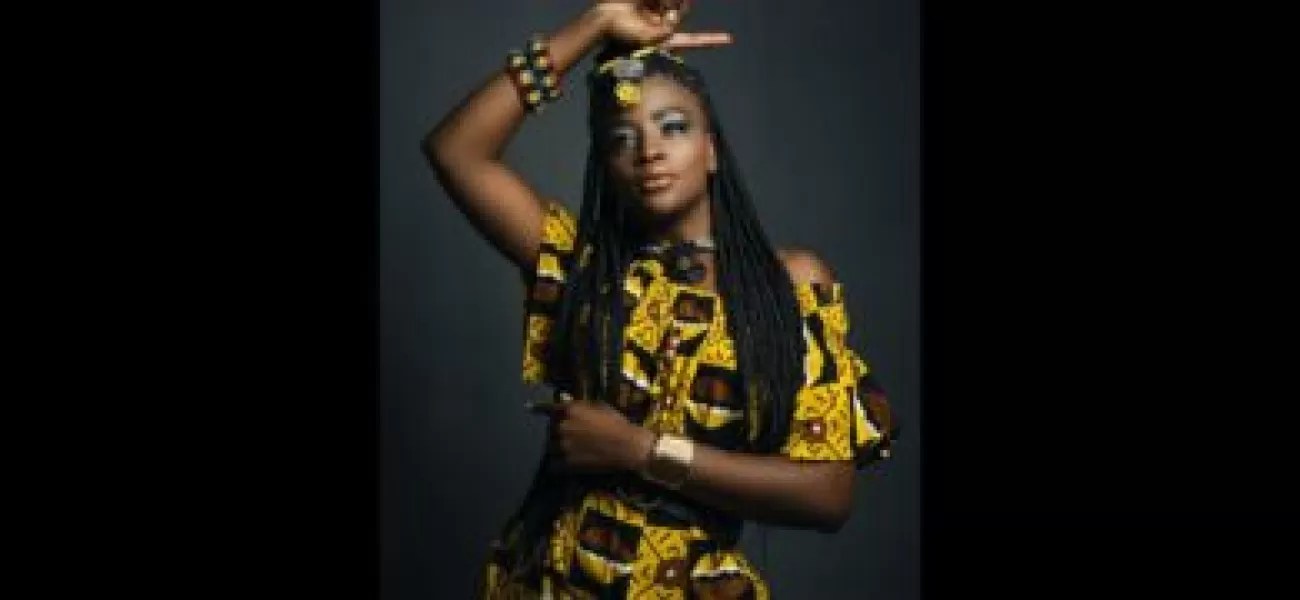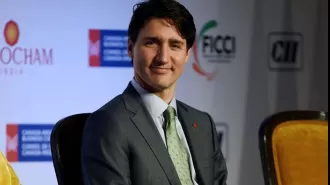Africa's fashion sector is growing quickly but needs more global investment, according to UNESCO's report.
Africa's fashion industry is rapidly growing to meet the global and local demand for its art, according to a UNESCO report released during Lagos Fashion Week.
October 29th 2023.

The United Nations Educational, Scientific and Cultural Organization (UNESCO) recently released a report during Lagos Fashion Week that predicts Africa's fashion industry is growing rapidly, in response to both the international and local demand for art. This rapid growth, however, could be stunted without an increase in global investment.
The report stated that Africa currently has around $15.5 billion in annual exports from fashion industry alone. It also showed that, with proper investments, this figure could easily triple within the next decade. UNESCO Director-General Audrey Azoulay used the organization's first report on Lagos Fashion Week, a major economic hub in Nigeria, as evidence of the talent thriving on the continent.
Azoulay further explained that with a population of 1.3 billion people predicted to double by 2050, the fashion industry will become an even more powerful vehicle for the promotion of cultural diversity, while also empowering young people and women. What's more, UNESCO has identified an influx in fashion band popularity due to the rich history of the African continent, expressed through various avenues such as movies, textiles, garments, fine art, and accessories.
The rise of e-commerce has made African fashion brands increasingly more accessible to people around the world. Additionally, with mobile device web traffic leading globally, young people are now able to promote their fashion brands and African culture through social media.
Lagos Fashion Week, which began in 2011 to inspire people to buy and wear Nigerian pieces, has grown into a larger cultural movement than founder Omoyemi Akerele expected. “Africans want to wear Africa," Akerele said. "It’s really beautiful to see because it hasn’t always been like this. Fast forward a decade after, that’s all people want to wear.”
The show provides a place for African designers from all across the continent to showcase their work, followed by an open market where attendees can buy from local brands that exhibit African cultural styles. Ejiro Amos-Tafiri, a designer who participated in Lagos Fashion Week, said she uses her brand to celebrate “the sophistication, class, and uniqueness of every woman [in African stories]."
UNESCO director-general Audrey Azoulay explained that this is only one example of the unwavering desire and drive of new young African designers to push their work into the global market. She further stated, “A new breed of young designers is causing a stir in the international scene, reinventing the code of luxury while simultaneously reconciling them with the demands of sustainable, local fashion and heritage."
As Lagos Fashion Week continues to grow, it serves as a reminder that African fashion is becoming increasingly popular in the global market. With the help of social media, African fashion has the potential to reach even more people, allowing these young African designers to promote and celebrate their culture with the world.
The report stated that Africa currently has around $15.5 billion in annual exports from fashion industry alone. It also showed that, with proper investments, this figure could easily triple within the next decade. UNESCO Director-General Audrey Azoulay used the organization's first report on Lagos Fashion Week, a major economic hub in Nigeria, as evidence of the talent thriving on the continent.
Azoulay further explained that with a population of 1.3 billion people predicted to double by 2050, the fashion industry will become an even more powerful vehicle for the promotion of cultural diversity, while also empowering young people and women. What's more, UNESCO has identified an influx in fashion band popularity due to the rich history of the African continent, expressed through various avenues such as movies, textiles, garments, fine art, and accessories.
The rise of e-commerce has made African fashion brands increasingly more accessible to people around the world. Additionally, with mobile device web traffic leading globally, young people are now able to promote their fashion brands and African culture through social media.
Lagos Fashion Week, which began in 2011 to inspire people to buy and wear Nigerian pieces, has grown into a larger cultural movement than founder Omoyemi Akerele expected. “Africans want to wear Africa," Akerele said. "It’s really beautiful to see because it hasn’t always been like this. Fast forward a decade after, that’s all people want to wear.”
The show provides a place for African designers from all across the continent to showcase their work, followed by an open market where attendees can buy from local brands that exhibit African cultural styles. Ejiro Amos-Tafiri, a designer who participated in Lagos Fashion Week, said she uses her brand to celebrate “the sophistication, class, and uniqueness of every woman [in African stories]."
UNESCO director-general Audrey Azoulay explained that this is only one example of the unwavering desire and drive of new young African designers to push their work into the global market. She further stated, “A new breed of young designers is causing a stir in the international scene, reinventing the code of luxury while simultaneously reconciling them with the demands of sustainable, local fashion and heritage."
As Lagos Fashion Week continues to grow, it serves as a reminder that African fashion is becoming increasingly popular in the global market. With the help of social media, African fashion has the potential to reach even more people, allowing these young African designers to promote and celebrate their culture with the world.
[This article has been trending online recently and has been generated with AI. Your feed is customized.]
[Generative AI is experimental.]
0
0
Submit Comment





